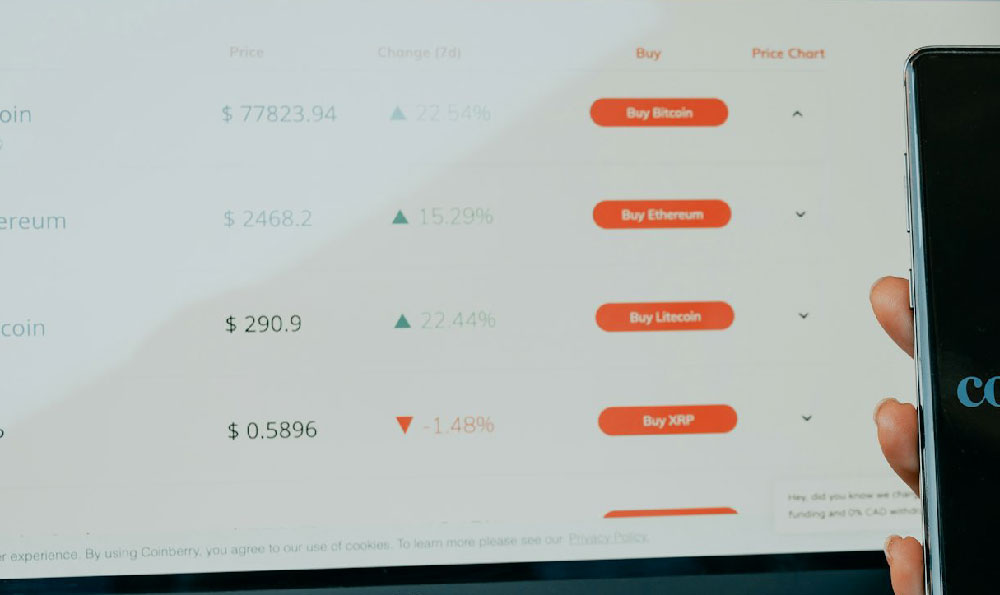Blogger Earnings: Unveiling the Potential and the Realities
The allure of earning a passive income online has drawn countless individuals to the world of blogging. While the image of sipping cocktails on a beach while profits roll in is certainly appealing, the reality of blogger earnings is far more nuanced and dependent on a multitude of factors. Understanding these factors and setting realistic expectations is crucial before embarking on this potentially rewarding, but often challenging, journey. Let's delve into the realities of blogger earnings, exploring the potential and dissecting whether it's a worthwhile pursuit.
Understanding the Earning Landscape: A Multifaceted Approach

There's no one-size-fits-all answer to the question of how much bloggers earn. Income streams are diverse and vary significantly based on niche, audience size, content quality, monetization methods, and, crucially, the blogger's dedication and marketing acumen.
-
Niche Selection Matters: Certain niches inherently command higher advertising rates and affiliate commissions. Finance, health, technology, and business are often considered high-value niches, while personal blogs or those focused on more general topics may find it harder to generate substantial income. The key is to find a balance between a profitable niche and one that genuinely interests you, as passion is essential for long-term success.
-
Traffic is King (and Queen): Ultimately, your earning potential is directly tied to the number of visitors your blog attracts. The more eyeballs on your content, the more opportunities you have to generate revenue through advertising, affiliate marketing, and product sales. Building traffic requires consistent, high-quality content creation, effective SEO strategies, and active promotion across social media and other channels.
-
Monetization Methods: Diversifying Your Income Streams
-
Advertising: Displaying ads on your blog is a common entry point for monetization. Platforms like Google AdSense allow you to easily integrate ads and earn revenue based on impressions (CPM) or clicks (CPC). However, relying solely on advertising can be limiting, as income per page view is typically low.
-
Affiliate Marketing: Partnering with companies to promote their products or services and earning a commission on each sale generated through your unique affiliate link is a highly lucrative option. Success in affiliate marketing hinges on recommending relevant products that genuinely benefit your audience.
-
Selling Digital Products: Creating and selling your own digital products, such as e-books, online courses, templates, or software, can be a significant income generator. This requires a considerable upfront investment of time and effort, but the potential for profit is high.
-
Sponsored Content: Collaborating with brands to create sponsored posts or reviews can be a valuable source of income. This requires building a strong reputation and a loyal audience that trusts your recommendations.
-
Selling Physical Products: While less common for bloggers, selling physical products related to your niche can be a viable option. This requires managing inventory, shipping, and customer service.
-
Offering Services: Leverage your expertise to offer services such as consulting, coaching, writing, or design to your audience.
-
The Journey to Profitability: A Realistic Timeline
It's crucial to understand that blogging is not a get-rich-quick scheme. Building a successful and profitable blog takes time, effort, and dedication. It can take several months, even years, to generate a substantial income. Most bloggers won't see significant earnings within the first year. Consistent content creation, audience building, and strategic monetization are essential for long-term success.
Avoiding the Pitfalls: Protecting Your Investment
The blogging landscape is filled with potential pitfalls that can derail your earning potential.
-
Copyright Infringement: Using copyrighted images or content without permission can lead to legal trouble and damage your reputation.
-
Spammy Practices: Engaging in black-hat SEO tactics or spamming social media can result in penalties from search engines and damage your credibility.
-
Ignoring Your Audience: Failing to listen to your audience's needs and preferences can lead to disengagement and reduced traffic.
-
Lack of Consistency: Inconsistent content creation can lead to a decline in traffic and engagement.
-
Over-Monetization: Bombarding your audience with too many ads or irrelevant affiliate offers can alienate them and drive them away.
Is it Worth It? Weighing the Pros and Cons
The decision of whether blogging is worth the effort depends on your individual goals, resources, and tolerance for risk.
Pros:
- Potential for Passive Income: Once your blog is established, it can generate income even when you're not actively working on it.
- Flexibility and Freedom: Blogging allows you to work from anywhere in the world and set your own hours.
- Creative Outlet: Blogging provides a platform to express your creativity and share your knowledge with the world.
- Building a Community: You can connect with like-minded individuals and build a loyal community around your blog.
- Personal Growth: Blogging can help you improve your writing, communication, and marketing skills.
Cons:
- Time Commitment: Building a successful blog requires a significant investment of time and effort.
- Income Uncertainty: There's no guarantee of success, and income can be unpredictable.
- Competition: The blogging landscape is highly competitive, and standing out from the crowd can be challenging.
- Technical Challenges: Managing a blog requires some technical knowledge, or the willingness to learn.
- Burnout: The constant pressure to create content and promote your blog can lead to burnout.
Conclusion: A Calculated Risk with Potential Rewards
Blogger earnings are a complex and multifaceted topic. While the potential for financial reward is undeniable, it requires a strategic approach, unwavering dedication, and a realistic understanding of the challenges involved. By carefully selecting a niche, consistently creating high-quality content, diversifying your monetization methods, and avoiding common pitfalls, you can increase your chances of achieving blogging success. Ultimately, whether blogging is "worth it" is a personal decision that depends on your individual circumstances and priorities. However, for those who are passionate about sharing their knowledge and building a community, blogging can be a fulfilling and potentially lucrative endeavor. Remember to approach it as a long-term investment and focus on providing value to your audience.












